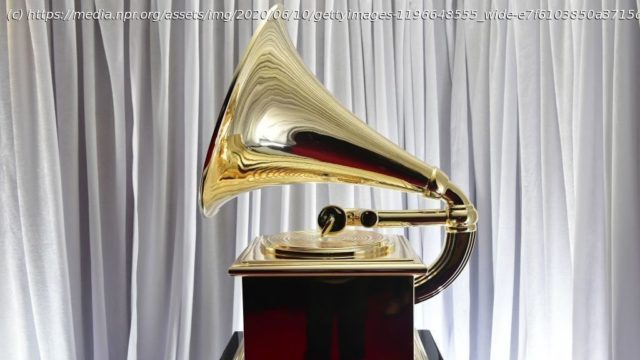On Wednesday morning, the Recording Academy, which gives out the Grammy Awards, announced a few changes to the prizes — and to the way it…
On Wednesday morning, the Recording Academy, which gives out the Grammy Awards, announced a few changes to the prizes — and to the way it structures its voting process. On social media, critics and fans immediately took up debating the most obvious shifts.
Four categories have been renamed and redefined — and all of them traditionally include black and Latinx artists. They include Best Progressive R&B Album, a category formerly known as Best Urban Contemporary Album, and Best Melodic Rap Performance (which used to be Best Rap/Sung Performance). Two Latin music categories have also been reshaped: Latin Pop Album, which is now Best Latin Pop Or Urban Album, and the former Latin Rock, Urban Or Alternative Album, which is now Best Latin Rock Or Alternative Album.
On the surface, these seem like clumsy name changes — the introduction of Best Melodic Rap Performance as a name has already elicited sneers online. But their introduction points to larger, systemic issues for an organization that has long struggled to acknowledge and celebrate music made by artists of color.
The Academy defines « Best Progressive R&B Album » as « intended to highlight albums that include the more progressive elements of R&B and may include samples and elements of hip-hop, rap, dance, and electronic music. » The point, ostensibly, is to point to art made outside of the mainstream. But it sounds like something of a return to a category called Best Urban/Alternative Performance, which was introduced in 2003 and hastily retired in 2011. (Among the winners: India. Arie, OutKast and Gnarls Barkley.)
Meanwhile, the shifting of the definitions in the two Latin music categories are an attempt to embrace how Latin music has shifted. The switch from Latin Pop Album to Best Latin Pop or Urban Album, and the introduction of the word « urban » into its former Latin rock and alternative category, seems to be a lagged attempt to embrace the popularity of styles like reggaeton and Latin trap.
But the Academy’s announcement came on the same day that Remezcla announced that it will no longer use terms like urbano and música urbana, saying that they are « inextricably linked to a history of exclusion and segregation within the music industry, » and that describing music as « urban » and « urban contemporary » has « historically been used as a way to separate Black artists » from the (white) artistic mainstream. Has the Recording Academy caught up with cultural conversations during the enormous social reckoning of 2020, or has it shown that it is still far behind?
Furthermore, it’s impossible to see the changes announced today without the context of the Academy’s turmoil over the last couple of years. At the last edition of the awards ceremony, held this past January at the Staples Center in Los Angeles, the frustration — and anger — of many artists at the Grammys was clear.






